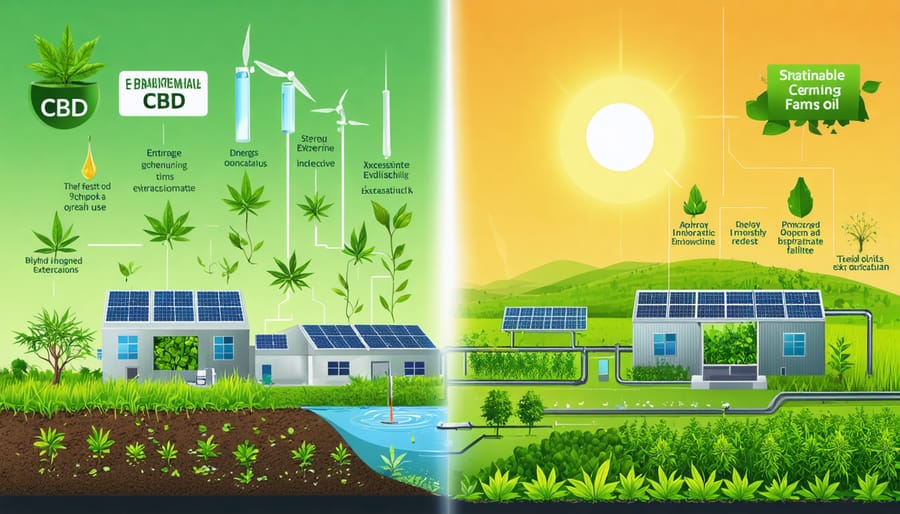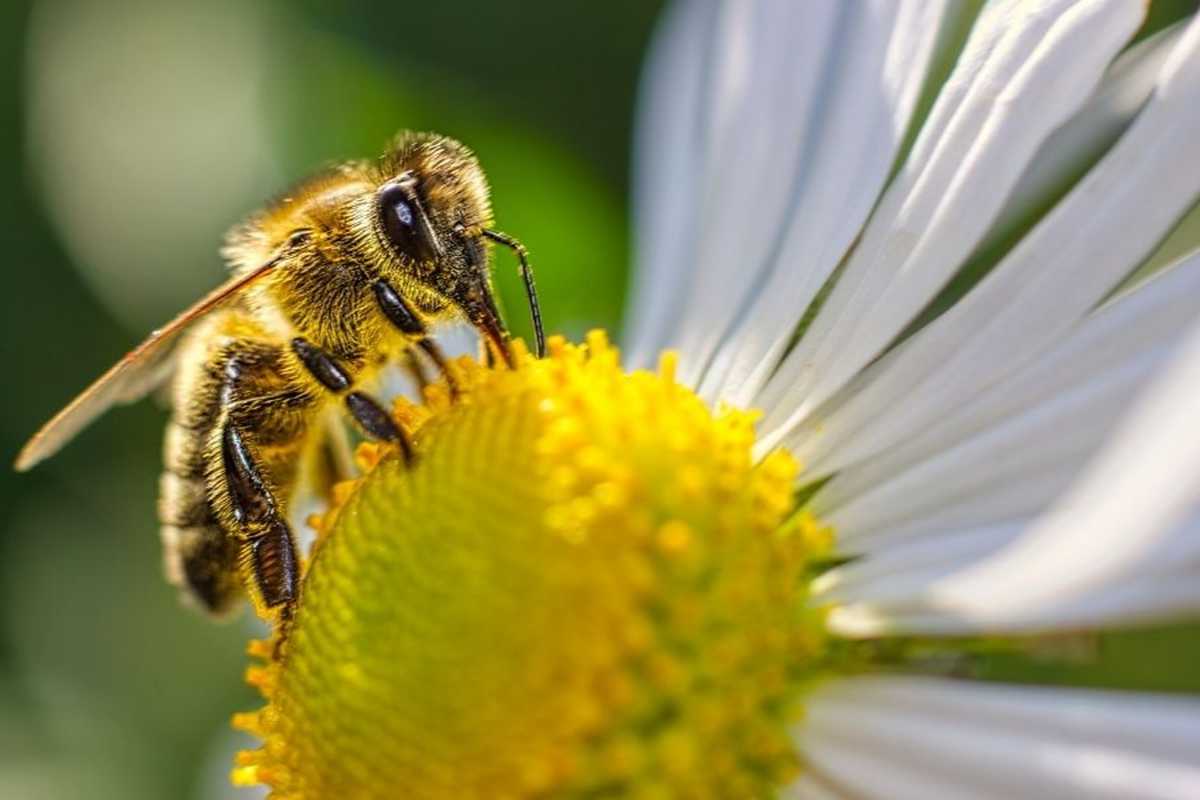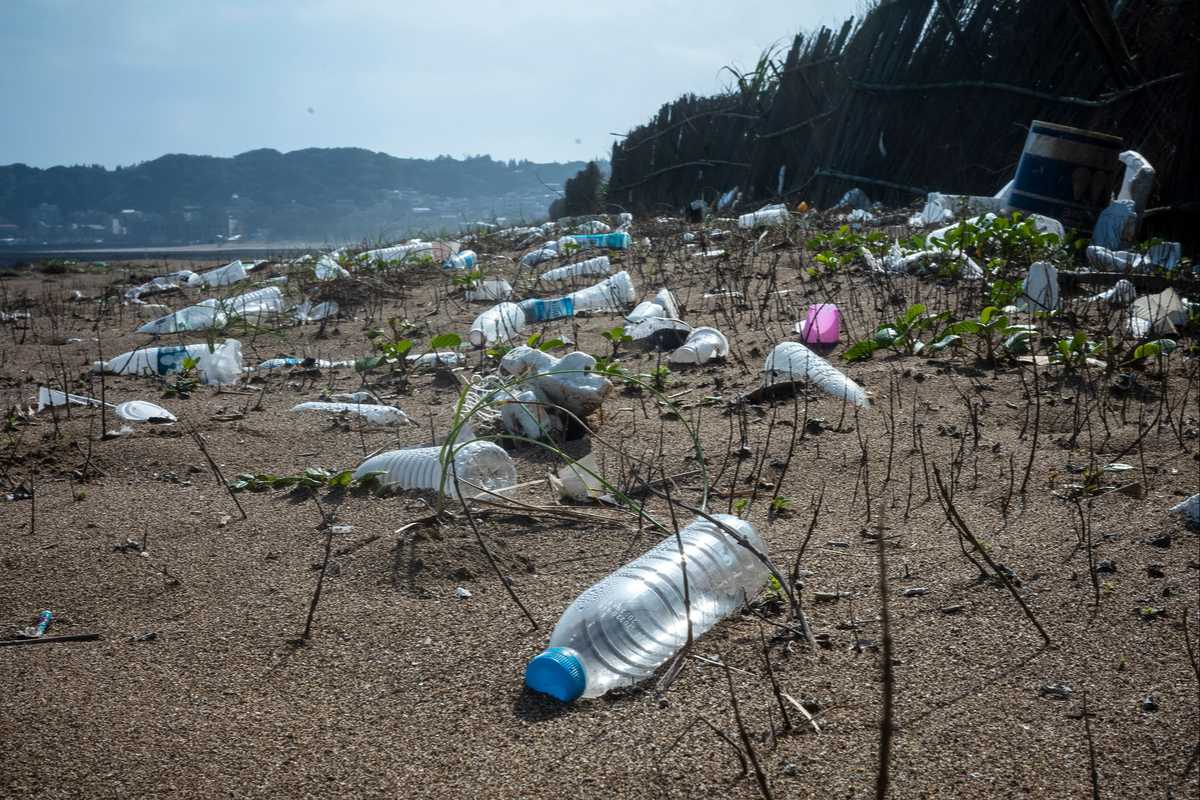The Hidden Environmental Cost of Delta-9 THC Gummies
The cannabis industry’s rapid expansion has created an environmental paradox: Delta 9 gummies offer consumers a smoke-free alternative, yet their production carries a hidden ecological cost that demands immediate attention. From energy-intensive cultivation requiring up to 2,000 kilowatt-hours per pound of product to packaging waste flooding landfills, these popular edibles leave footprints far beyond their small, colorful shapes suggest.
**Examine cultivation energy consumption** by investigating whether manufacturers use renewable energy sources, LED grow lights, or …










